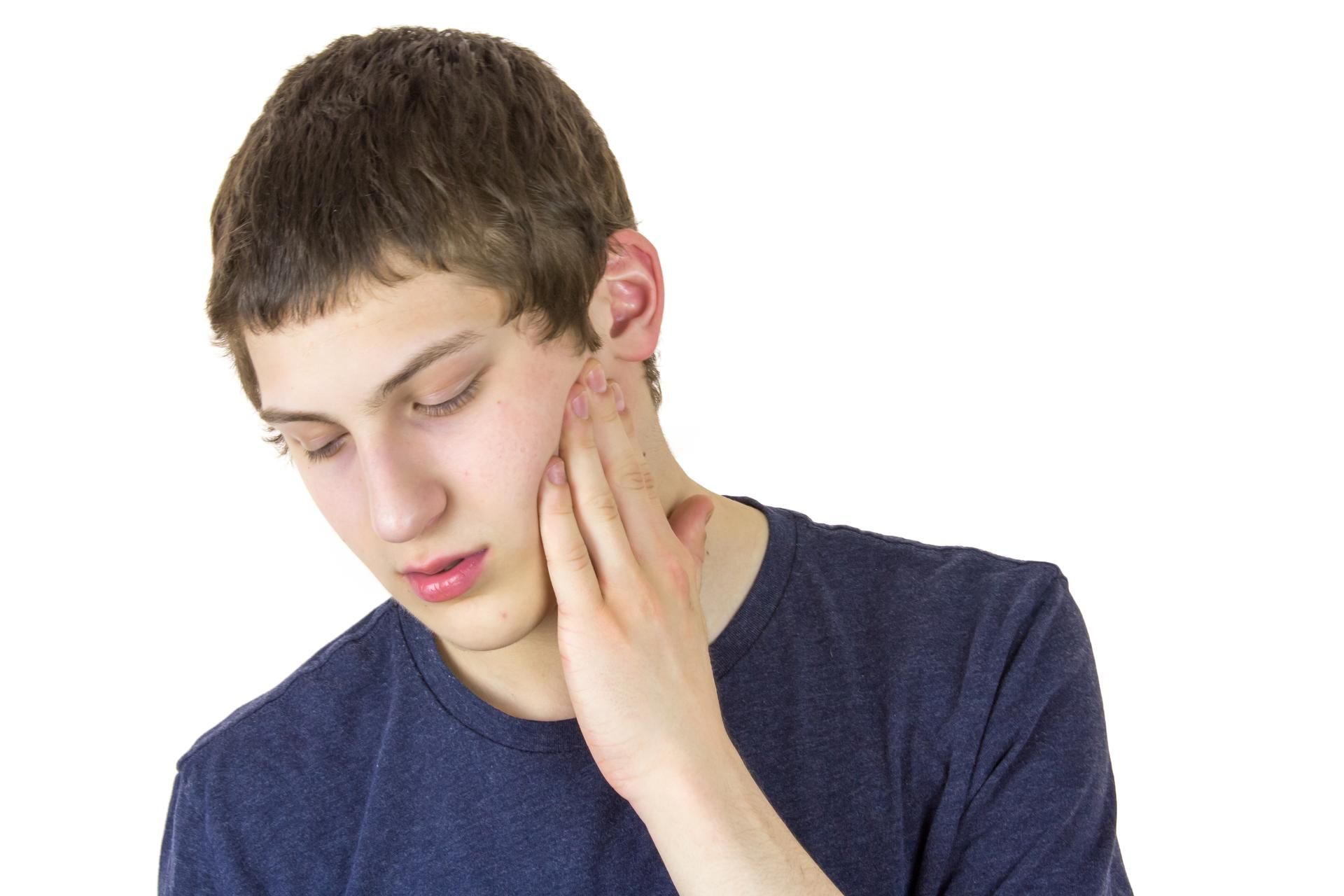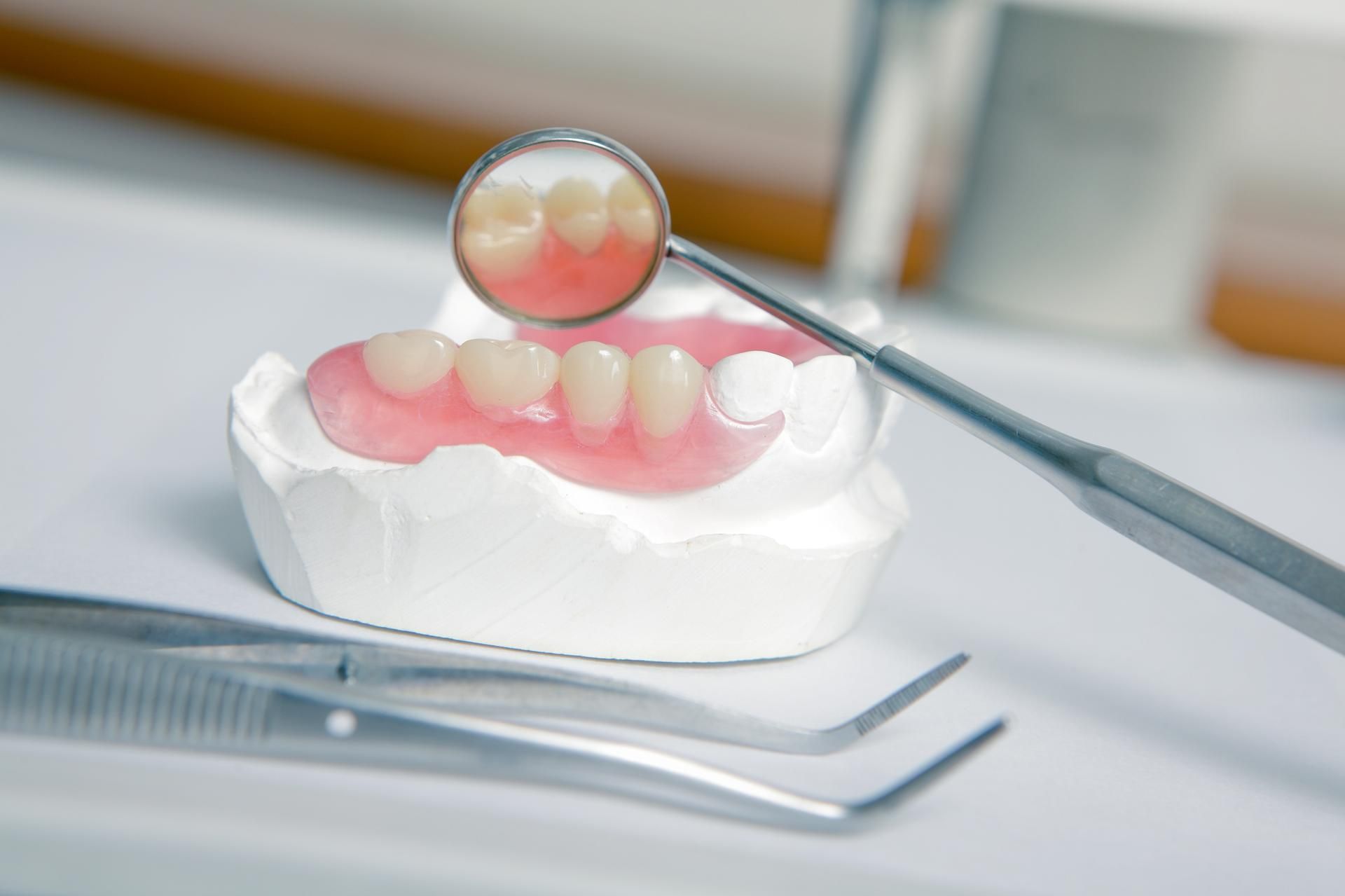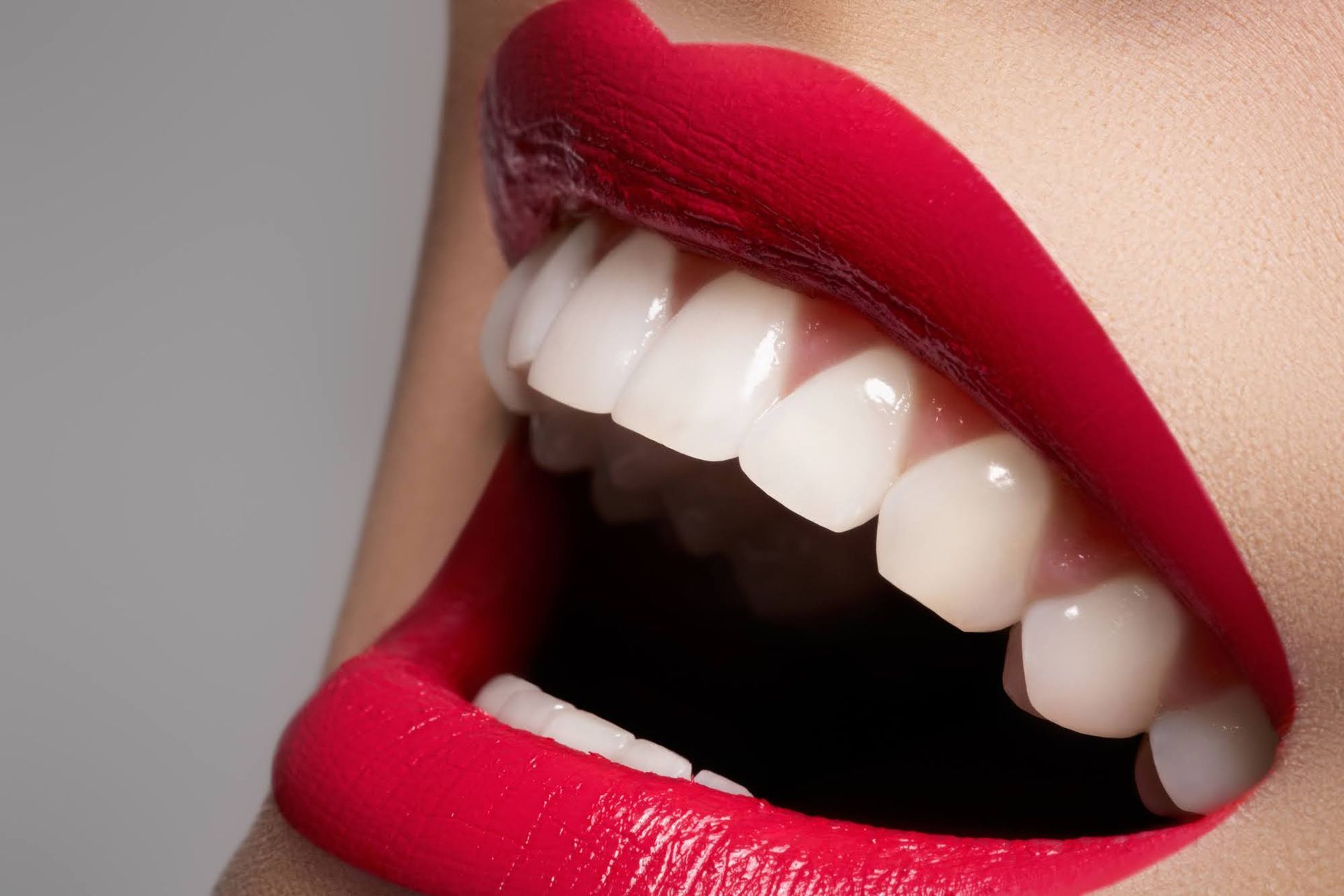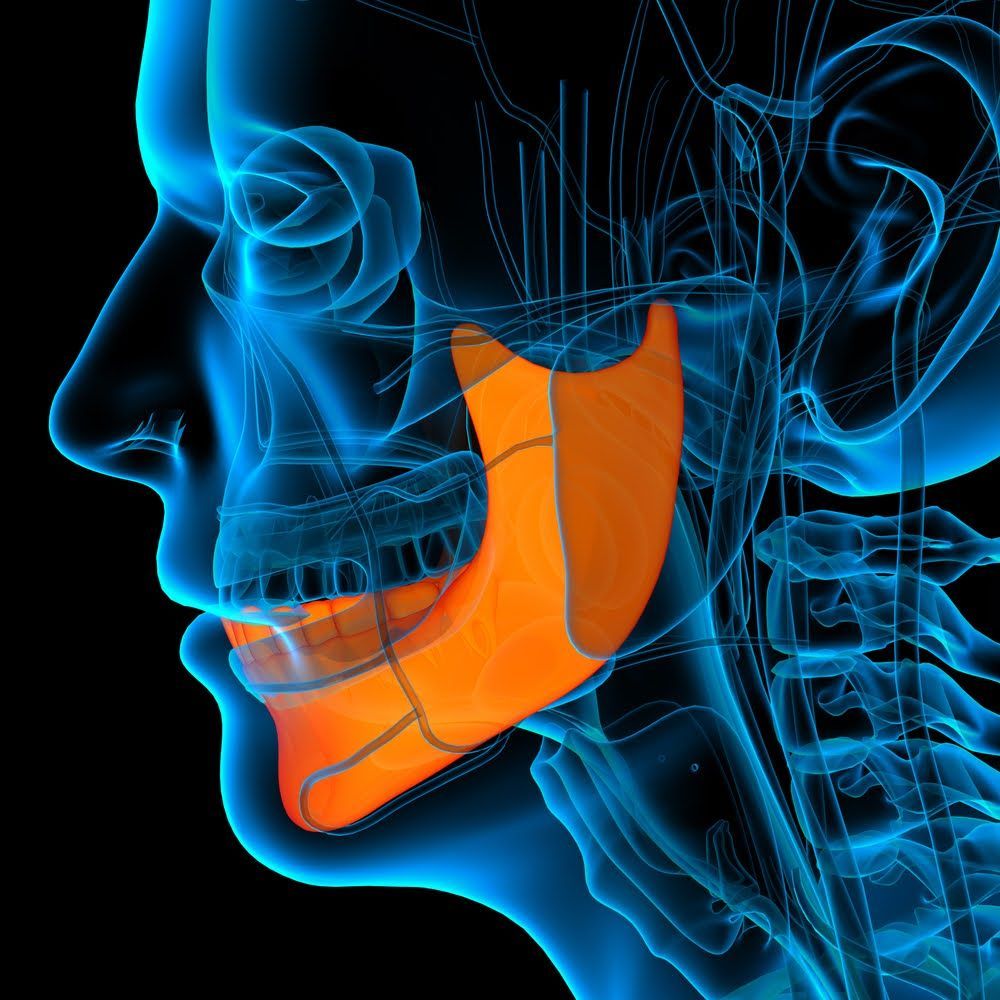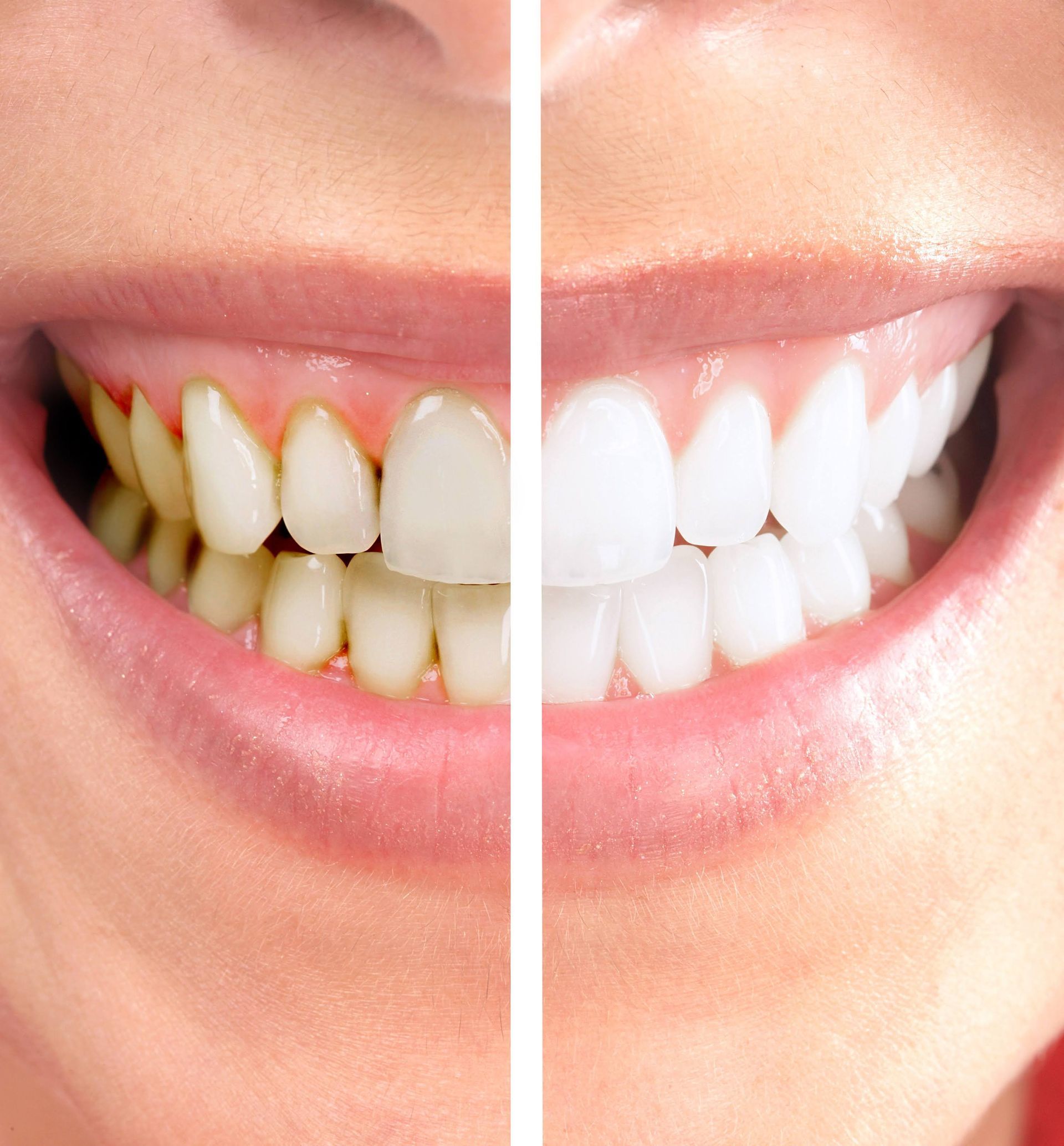Why Brown Spots Are Appearing on Your Teeth (and What You Can Do)

A bright, sparkling smile is something to be proud of. It makes you more attractive, more self-confident, and provides a great first impression. The last thing you want is to see brown spots on your teeth. Below are the seven most probable causes of the brown stains that can develop on your teeth.
1. Foods and Beverages
The foods and beverages you take may be to blame for your brown spots. Examples of beverages that cause brown spots include coffee, red wine, tea, and the juice of dark fruits such as blackberries. Foods rich in sugar and carbohydrates can also cause these stains.
Keep in mind that consuming stain-causing foods or drinks once in a while won't cause discolorations. But if you consume them regularly, the stains accumulate with time. The secret here is to avoid or limit your intake of these foods and drinks. After a meal, it's also advisable to rinse your mouth with water. Be careful brushing though, some foods can soften the enamel and lead to loss of enamel if you brush to soon.
2. Tobacco Use
Tobacco products like cigarettes, cigars, and pipe tobacco can cause brown spots on your teeth in no time. In most cases, the heavy spots occur just behind your upper front mouth, while the tissues on your mouth's roof may look abnormal. With tobacco spots, regular brushing of teeth can help, along with professional dental checkups that involve polishing. If the stains are severe, your dentist may recommend teeth whitening.
3. Tartar Buildup
Failure to brush and floss your teeth regularly can cause plaque buildup between your teeth. The plaque hardens over time to form tartar. Tartar is often brown or yellow in color and appears between your teeth, often along the gum line. Schedule a professional cleaning service with your dentist as soon as possible if you notice tartar on your teeth. If the tartar is too heavy, you may need a deep cleaning to remove the buildup under your gums.
4. Certain Medications
Some medications, especially in liquid form, are notorious for causing tooth discolorations. This is more common in young children with developing teeth. If you or your kid is developing brown stains, examine your ongoing or most recent medications. In most cases, discoloration occurs within a few weeks of use.
If the browning is just on the surface, a little polishing during your dental cleaning can eliminate it. If not, the dentist may recommend a teeth whitening procedure.
5. Dental Fluorosis
Fluoride protects your teeth from decay, but too much intake of it, especially in children, can cause dental fluorosis. Fluorosis manifests itself in white, lacy markings when mild and through pits and brown spots in severe cases. The treatment option for fluorosis will depend on the severity of the damage. But generally, you will need a cosmetic or restorative procedure to eliminate the discoloration.
6. Tooth Decay
Tooth decay can cause brown spots. When you consume excessive sugary foods and drinks, plaque forms on your tooth's surface. If ignored, the plaque can destroy your enamel and cause tooth decay. The spots are a warning sign of the underlying decay.
There are various treatment options for tooth decay, including fluoride treatments, crowns, fillings, and root canal procedures. Your dentist will assess the decay and advise you on the most suitable treatment option.
7. Celiac Disease
People with celiac disease usually have dental enamel defects, including white, yellow, or brown spots on their teeth. Their enamels also tend to be translucent. Since the effects of celiac disease are permanent, patients can opt for restorative dental treatments to cover the spots.
Overall, brown spots on your teeth could be a cosmetic issue or a sign of a deeper underlying condition that needs urgent attention. If you notice any spots on your teeth that won't disappear even after brushing and flossing, reach out to our dental team at Koehn Dentistry & Aesthetics. We will examine the spots and your oral health to determine potential causes and appropriate treatments.


